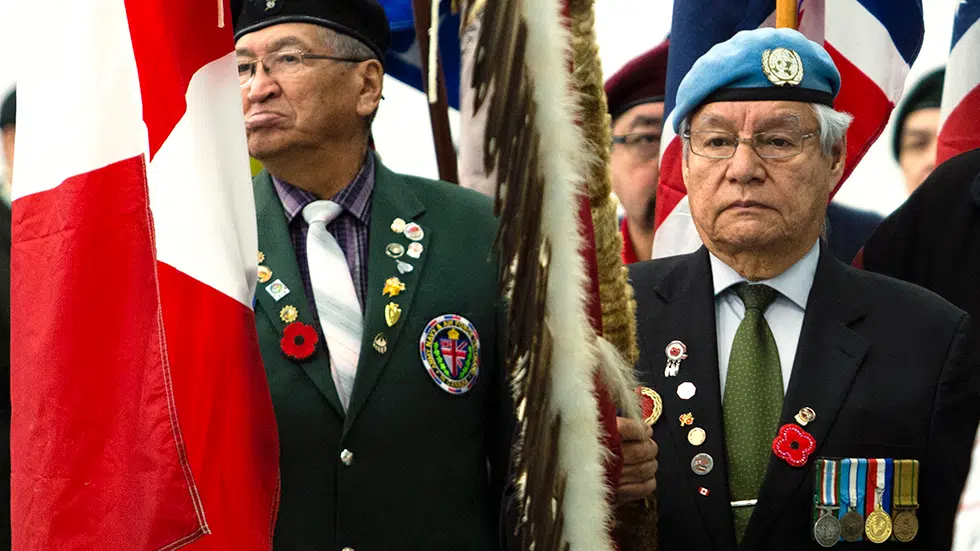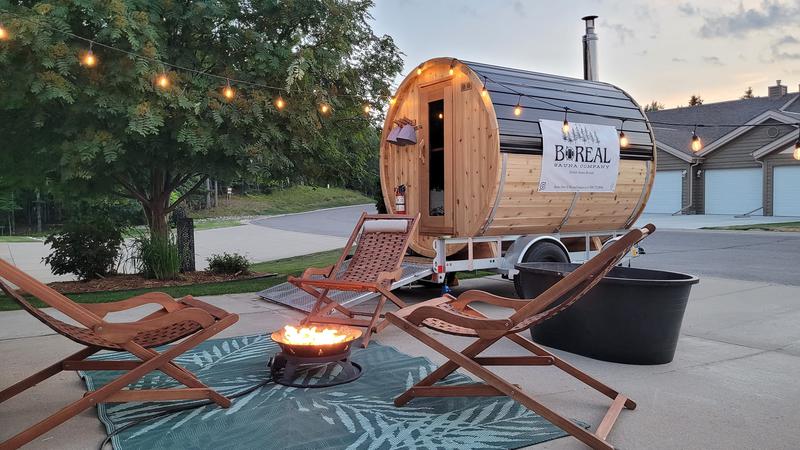
Grand Chief of the First Nations Veterans Association of Sask. reflects on his time in the service
For Remembrance Day, Canadians will gather at cenotaphs, armouries and other locations honouring veterans for their service and sacrifices.
The term veteran had some stigmas associated to the word for Steven Ross, the Grand Chief of the Saskatchewan First Nations Veterans Association.
“I was always aware there was an association for Saskatchewan First Nations veterans,” Ross said. “But when you’re a young person, you don’t want to associate with the veterans, indicating that they might be older aged persons, so that’s what held me back.”
Despite his perceived stigmas, as he aged Ross has realized what it means to be a veteran and has taken it upon himself to provide First Nations veterans a voice in Saskatchewan.


